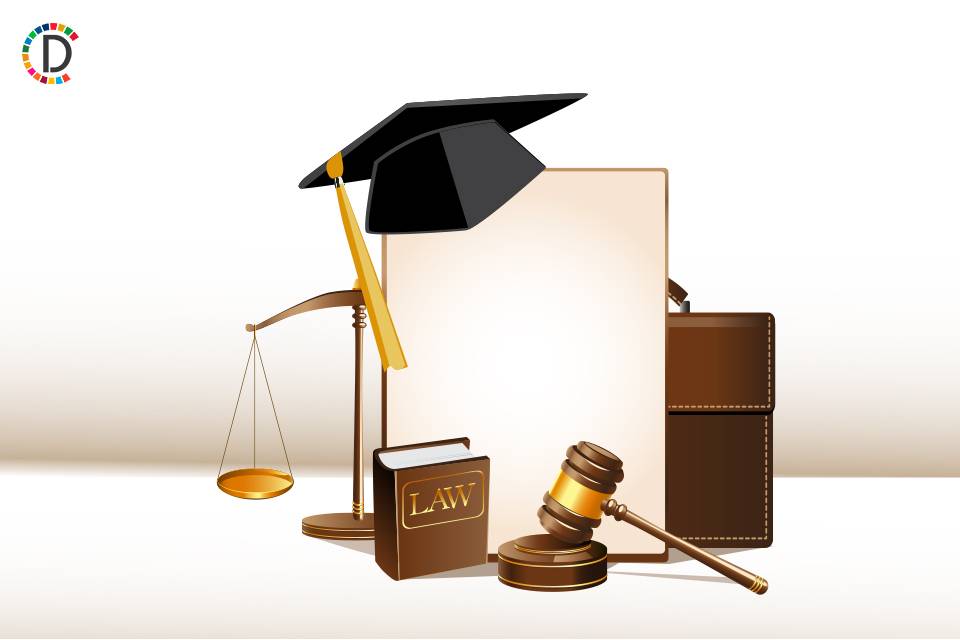EU leaders to discuss Iran sanctions following attack on Israel
The two-day summit in Brussels is the first meeting of the EU's 27 national leaders since Saturday's attack, more than six months into the war between Israel and the Iran-backed Palestinian militant group Hamas. Israel has signalled that it will retaliate but has not said how.

European Union leaders gathered on Wednesday for talks set to include stepping up sanctions against Iran after Tehran's missile and drone attack on Israel left world powers scrambling to prevent a wider conflict in the Middle East. The two-day summit in Brussels is the first meeting of the EU's 27 national leaders since Saturday's attack, more than six months into the war between Israel and the Iran-backed Palestinian militant group Hamas.
Israel has signalled that it will retaliate but has not said how. The EU has urged Israel to exercise restraint while expressing readiness to tighten sanctions on Tehran. "We have to adjust, to expand them (the sanctions) on Iran," French President Emmanuel Macron said in Brussels ahead of the summit.
"We are in favour of sanctions that can also target all those who help manufacture drones and missiles that were used in the attacks last Saturday and Sunday." The leaders will condemn the Iranian attack, reaffirm their commitment to Israel's security and call on all sides to prevent more tensions, including in Lebanon, according to a draft statement seen by Reuters.
"The EU is ready to take further restrictive measures against Iran, notably in relation to unmanned aerial vehicles (UAVs) and missiles," said the statement. Separately, Italy's Foreign Minister Antonio Tajani said ahead of G7 talks on the island of Capri that "sanctions should be imposed on all those who give drones, weapons and missiles to those who attack Israel and those who attack ships in the Red Sea".
SANCTIONS The head of the EU's executive Commission, Ursula von der Leyen, said Iran's attack showed a "new league of authoritarians" working to tear up international order and to stretch democracies to breaking point.
On Tuesday, the bloc's top diplomat, Josep Borrell, said the EU would prepare to tighten its sanctions against Iran. EU foreign ministers are due to continue the work next Monday. Several EU states have proposed expanding a sanctions regime that seeks to curb the supply of Iranian drones to Russia for Moscow's war in Ukraine to include the provision of missiles and cover deliveries to Iranian proxies in the Middle East.
Some EU states have also proposed sanctions against Iran's Revolutionary Guard Corps, but Borrell said the bloc's rules meant that could only happen if a national authority in the EU found that the group had been involved in terrorist activity. The United States and other Western governments hope new economic sanctions against Iran will help persuade Israel to limit the scope of its retaliation.
But analysts have said Iran is unlikely to face dramatic U.S. sanctions because of worries about boosting oil prices and angering top buyer China. Iran launched the attack on Saturday in response to an April 1 strike on its embassy in Damascus which it blamed on Israel. Tel Aviv launched its military offensive in Gaza after Hamas' deadly attack on Israel on Oct. 7.
The war in Gaza has exposed differences between EU countries, with some siding more with Israel and others more strongly criticising its conduct while highlighting the dire humanitarian situation in the Palestinian enclave. "The more united we are, the more strongly our message resonates," Belgium's King Philippe told the EU leaders before their talks began, naming the war in Ukraine and improving economic competitiveness among major challenges.
Apart from the Middle East, the 27 are due to discuss both issues during two days of talks in Brussels, with a report prepared in advance warning the EU had a last chance to reboot economy to be able to compete with the United States and China. (Additional reporting by Andrew Gray, Lewis Macdonald, Philip Blenkinsop, Writing by Gabriela Baczynska, Editing by Timothy Heritage and Gareth Jones)
(This story has not been edited by Devdiscourse staff and is auto-generated from a syndicated feed.)
ALSO READ
Floods grip Russia's Kurgan region as Tobol River rises
Rising waters in Russia's Kurgan expected to peak on Monday
Kremlin: floods threaten Russia's Kurgan, Tyumen regions
Kremlin: sanctions on Russian metals have destabilised markets
Russia says it's extremely concerned by rise in Middle East tensions, urges restraint










